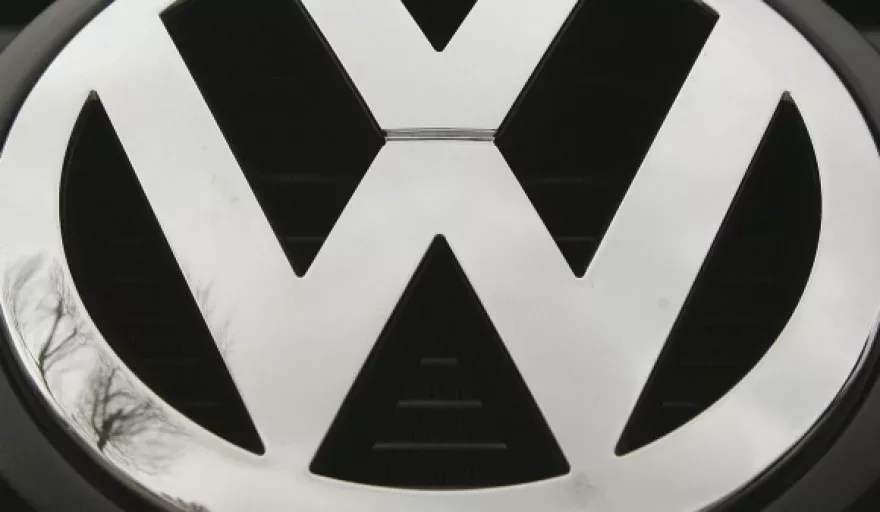Volkswagen’s industrial-scale emissions fraud could have been better assessed using state-of-the-art scenario modelling, according to a leading risk management company.
UK-based Russell Group, which provides software and services to the global insurance industry, says the use of cheating software in VW’s diesel cars to deceive emissions regulators is a classic case of an ‘unexpected’ event – one that shrewd risk analysis should have foreseen.
Managing Director, Suki Basi says even the most unlikely conspiracy, such as the ‘defeat devices’ embedded in 11 million Volkswagen and 2.1 million Audi cars worldwide, can be factored into risk modelling.
“It is far from inconceivable that emissions control-manipulating software in engines would be used on an industrial scale to hoodwink investigators,” says Basi. “The commercial consequences of non-compliance with vehicle emissions regulations certainly gave an incentive to cheat and ‘game the system’ in VW’s favour.”
According to Credit Suisse estimates, the scandal has left VW with an estimated cost in terms of recalls and fines of up to $87 billion; more financially damaging than the Deepwater Horizon oil spill was to BP.
Volkswagen’s financial services arm has also been hit by the scandal, having to pay more to borrow money to loan to its customers.



















